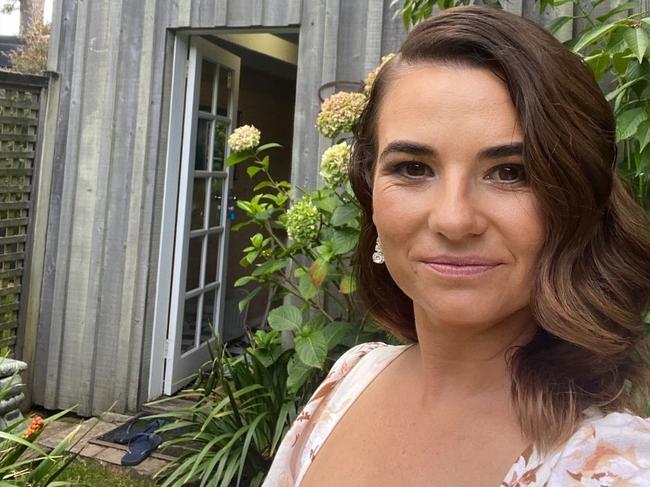Kristy Wiedl takes on role as specialist prostate cancer care nurse at Campbelltown
Men in Sydney’s southwest are 16 per cent more likely than the national average to be diagnosed with prostate cancer. Meet the nurse who is determined to help them.
Macarthur
Don't miss out on the headlines from Macarthur. Followed categories will be added to My News.
At least one in 100 men in Australia diagnosed with prostate cancer live in Campbelltown, but one nurse has signed up to help the men in the region battling the disease.
Data from Prostate Cancer Foundation Australia shows men in Sydney’s southwest are 16 per cent more likely than the national average to be diagnosed with prostate cancer, but those same men are 25 per cent less likely to die from the disease.
The figures suggest men in Campbelltown are more likely to see a doctor to get the PSA level test which detects the cancer earlier.
Close to 20,000 men are diagnosed with prostate cancer each year -in Australia, and more than 200 of them are in the Campbelltown area alone.

Kristy Wiedl has recently started a new role as a specialist prostate cancer nurse based out of Campbelltown Hospital covering the region as far as Bowral.
The 37-year-old has been a nurse for 15 years after deciding the career path was the best way to help people. She started working at Westmead Children’s Hospital caring for those with leukaemia but then moved across to working with adults.
“I really enjoy helping people and talking with them,” Ms Wiedl said.
“Cancer is so prevalent and there is a risk to so many people, I just like to think that could be anyone I know and I want to use my experience to help them.”
Ms Wiedl said men can often find the symptoms of prostate cancer embarrassing, which can prevent them talking about it or seeking medical advice.
“There is nothing to be embarrassed about,” she said.
“It’s really important to get tested to make sure you are on top of it.”

Prostate Cancer Foundation chief executive Anne Savage said specialist nurses play a critical role in providing guidance, care and support.
“About one in five men with prostate cancer experience long-term anxiety and depression and many will struggle to cope with the challenges of diagnosis and treatment,” she said.
“From the point of diagnosis, our nurses offer expert education and information about treatment plans, referrals to services in the hospital and community, and provide an ongoing point of contact and support for men and families.”
Ms Savage said men with a family history of prostate cancer have double the risk of being diagnosed, and those with two or more relatives diagnosed, have a five-fold increased risk of developing the disease.
“Having a specialist nurse on the ground will ensure local men continue to be supported and have the best chance of beating this disease,” she said.
To book an appointment with a prostate cancer specialist nurse, go to www.pcfa.org.au.




